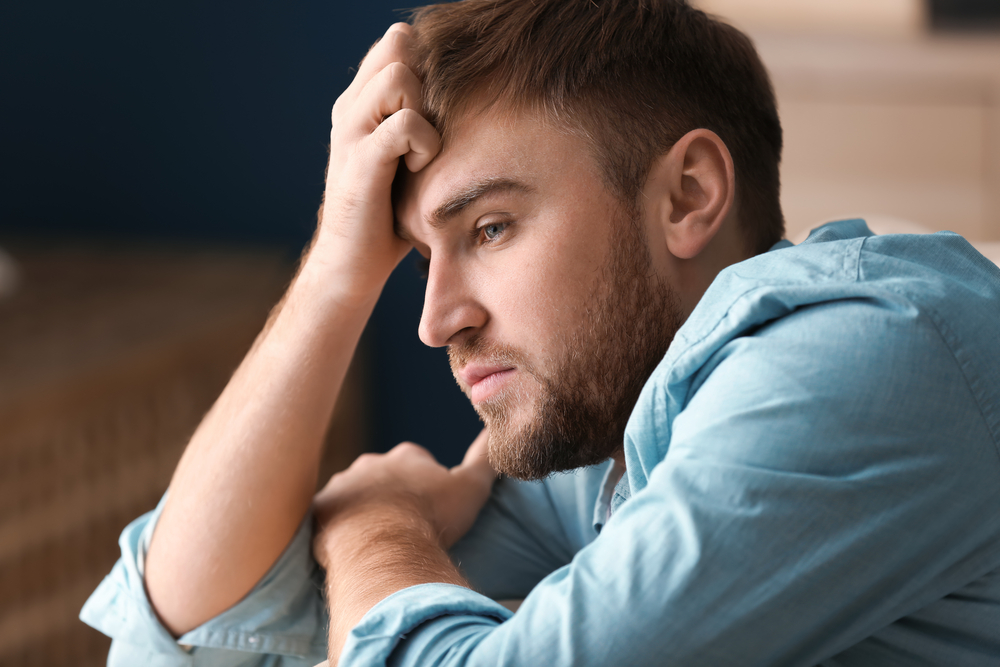
Anxiety has been felt by everyone at one time or the other. This is increased emotion of anticipating problems or complications. For some it is an everyday occurence to feel anxious. It exhibits physical as well as emotional signs. Restlessness, short temper, increased heart rate are just some of the general symptoms of anxiety. But a sustained state of anxiousness can be the cause of health problems. Both depression and anxiety heightens cancer risk to young and old alike. Excessive anxiety can be wearying and in a prolonged phase it can lead to anxiety disorder and attacks. Anxiety also affects sleep patterns and total rest and recovery. This is crucial for the cells to repair themselves to be in tiptop condition. Inaction and feelings of helplessness can be a recipe for depression.
Depression can affect anyone. It does not discriminate age. It usually starts in the teenage years when responsibilities and expectations are too high. It is an austere mental health condition that can affect the overall health of a person. Depression and anxiety heightens cancer risk because it weakens our immune system. A weakened immune system can be host to age-related and other forms of cancer. Chronic depression is also linked to shortened cancer survival and not just increasing the risk of developing. Finding the root cause of depression and anxiety is needed.
The reverse can also be true. Getting diagnosed with cancer can introduce anxiety and depression. What once was bearable becomes a persistent, gnawing feeling of darkness. In time it becomes a cycle of anxiety/depression – cancer – anxiety/depression. And with cancer present, it is quite hard to not think about that and be sad and fearful. Doctors orders usually include no stress and plenty of rest for cancer patients. But when a family member gets diagnosed, it is quite impossible not to think it likely that you might develop cancer. This might trigger more anxiety. Dealing with anxiety takes a little more than just taking deep breaths when it becomes too much. Best to ask for help and consult a professional when depression and anxiety becomes an amplifying concern.




